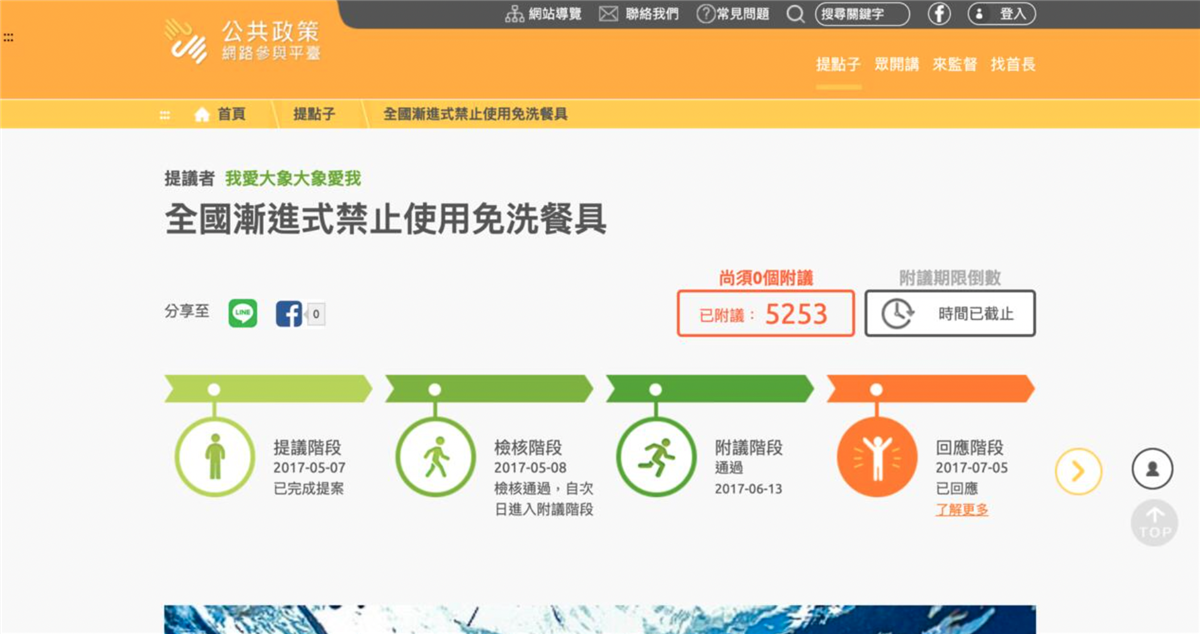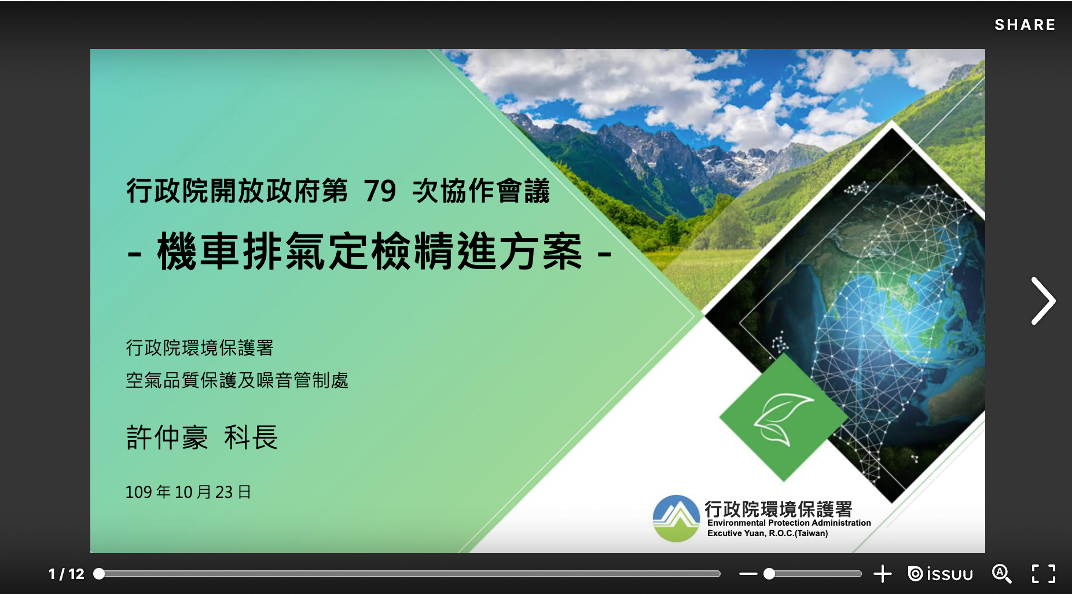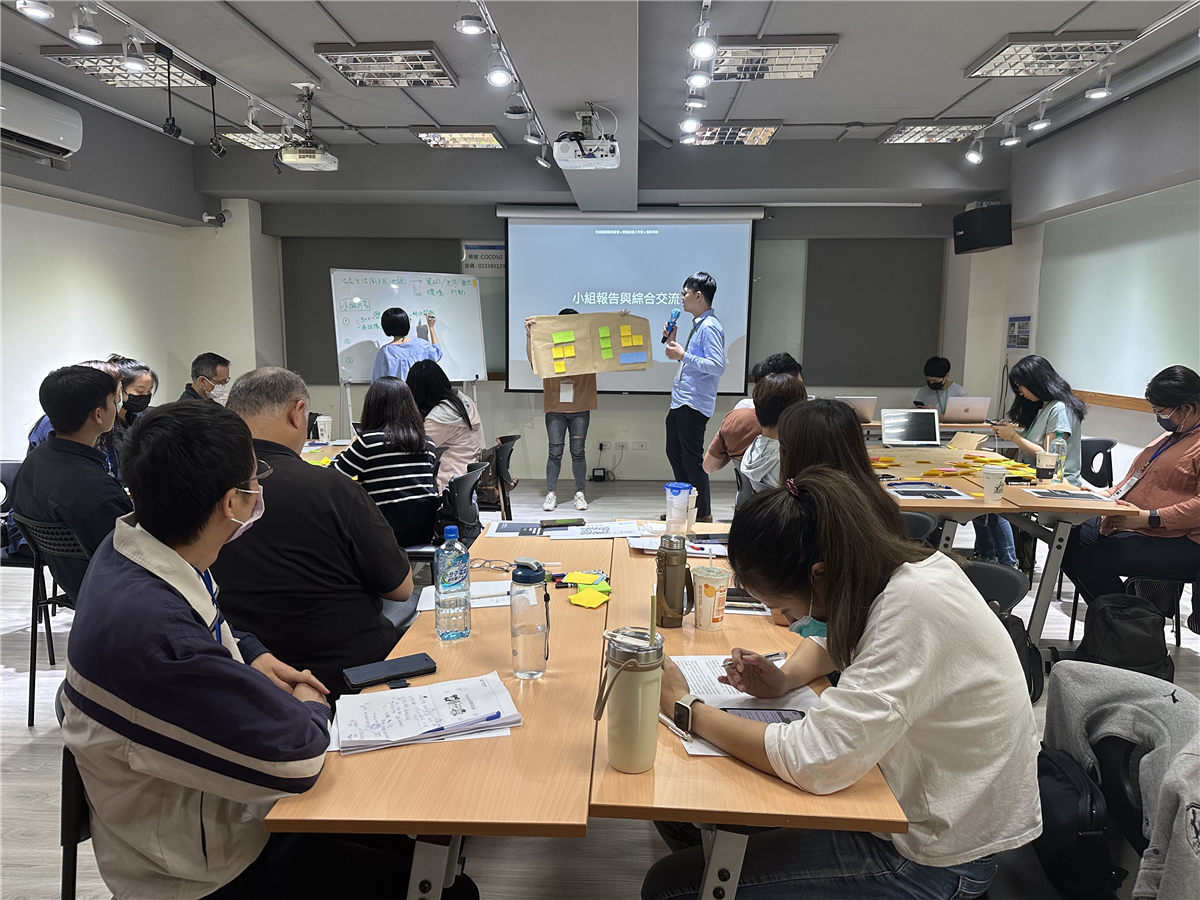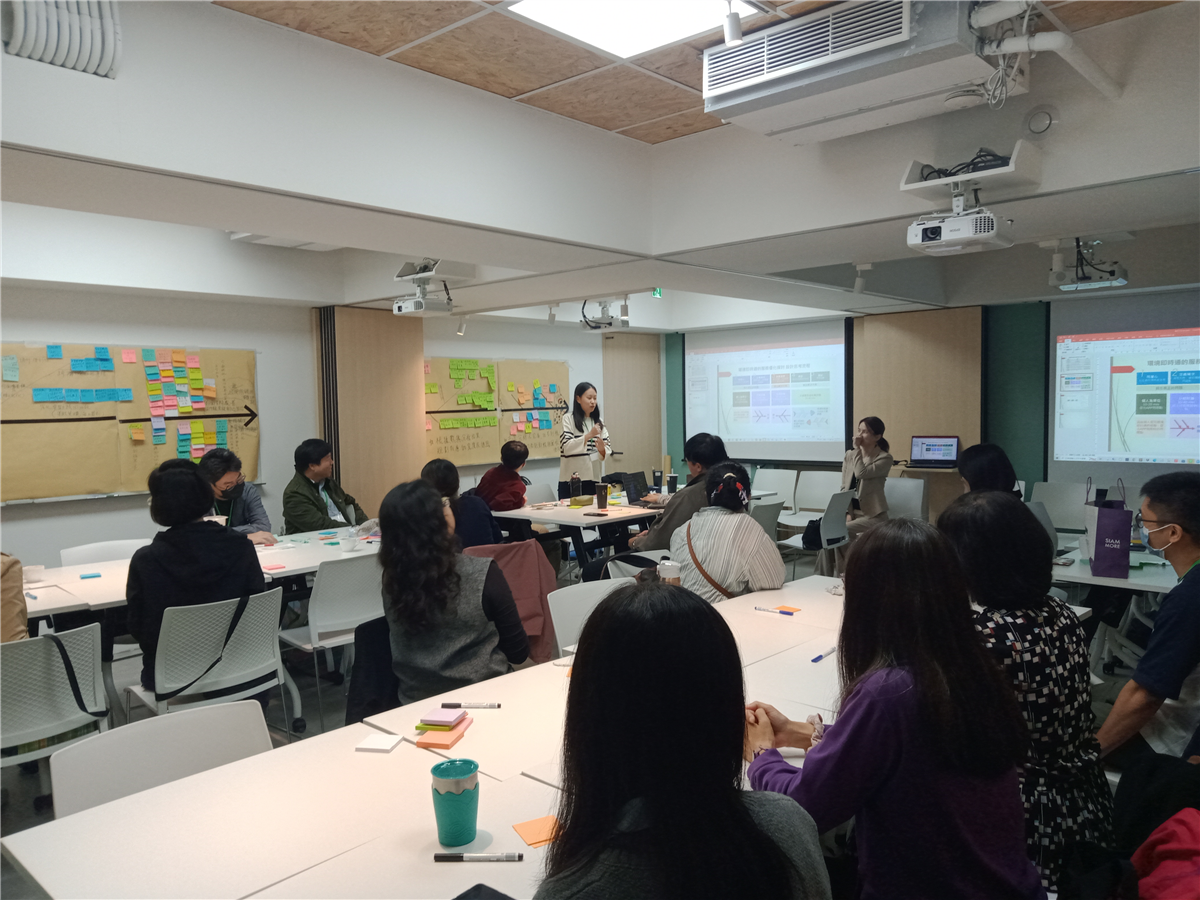
The proposer of this case suggested gradually discontinuing the use of disposable tableware, promoting the habit of carrying environmentally friendly tableware with people, or starting from the store to provide consumers with reusable tableware. People who seconded the proposal also believed that most disposable tableware is made of plastic. If it becomes marine waste due to improper recycling, and then let marine life swallow the plastic particles, it will still be human beings who will be affected in the end. This proposal is in line with the direction of the plastic restriction policy promoted by the Ministry of Environment since 1991. The Ministry of Environment also stated again that it will curb the use of plastic shopping bags and disposable tableware in a staged and targeted manner. Gradually expand the control objects of disposable tableware. It is hoped that the relevant measures will be reviewed on a rolling basis according to the changes in people's environmental protection concepts and living habits. The two-pronged approach of publicity and control will guide the reduction of waste at the source and promote the recycling of resources. (Extracted from the Open Government Cooperation Conference website: https://cm.pdis.nat.gov.tw/)

Do you know the date of the regular inspection of the locomotive? Do you have any experience of forgetting regular inspection? Ministry of Environment has received reports from many people that they often forget the date of their motorcycle inspections. In order to provide more convenient services, what are the real needs of users? The Ministry of Environment proposed on its own, hoping to find a way to allow the public to conduct regular inspections through the brainstorming of multiple perspectives. During the meeting, those who abide by the rules believe that regular inspections are the obligation of the people, and there is no need to modify the method for a few people. The local government environmental protection unit on the scene also provided many practical insights, believing that the government is willing to provide simple and convenient services, and at the same time, the public is also responsible. This collaboration meeting took stock of various feasible solutions, and at the same time promoted public-private collaboration. Under the premise of saving administrative costs, it is really necessary to promote policy goals through the efforts of all parties. (Extracted from the Open Government Cooperation Conference website: https://cm.pdis.nat.gov.tw/)

The opportunity for this collaborative meeting came from the "Environmental Information Disclosure" commitments of the National Action Plan (NAP) of the Ministry of Environment's Open Government, including the relevant discussions of the Ministry of Environment's Open Government Committee.
Open government, emphasizing the establishment of public-private partnerships. The preparatory process of the collaborative meeting tries to reflect this spirit: this collaborative meeting is initiated by the Ministry of Environment as a public department, and the preparatory work for the collaborative meeting is coordinated by private partners such as Chenxun Technology Co., Ltd. and Qixiang Creation Studio Finish. That is to say, the preparation process of the collaborative meeting reflects the spirit of cooperation between the public and private sectors.
We try to create an open stance to welcome the discussion of multiple viewpoints. In the preparatory work, in addition to the mutual alignment of the public and private sectors in the preparatory process, we invited multiple stakeholders to participate in the topic setting of the meeting through interviews, and condensed the content of the interviews to write a topic handbook, and made a mind map for the topic. Prepare for the discussion.
On the day of the collaboration meeting, the diverse participants shared their views on the "Risk Map of Citizen's Life". deepen.
After the collaborative meeting, the context and conclusions of these discussions will be provided to the EPA for reference. At the same time, we will also make the verbatim transcript and video public, so that everyone who cares about this issue can fully grasp the information compiled by this meeting.

In order to understand whether the environmental information provided by "Environment Info Push" meets the public's needs and to strengthen the public's participation in environmental information, the Ministry of Environment plans to hold a "Discussion on Service Optimization of Environment Info Push" collaborative meeting to optimize information provision (green living part). Through this meeting, we can listen to diverse opinions, have more dialogues with the public, understand the aspects of the issues from both sides, and try to find feasible optimization solutions as much as possible to support feedback governance. Promote and apply the results of public-private cooperation to promote the value-added use of open data and smart government-related projects, implement the department's commitment to open government "information disclosure in the environmental field", and further expand people-oriented smart and convenient services.
This collaborative meeting is conducted using the "Design Thinking" method, which consists mainly of five steps: "identification", "definition", "ideation", "prototyping" and "testing". In the empathy stage, the current problems of the APP are proposed based on personal experiences of using instant messaging in the environment. Then, through group discussions, the problems are summarized and solutions are proposed. In the prototyping and testing steps, each group explains their ideas and makes suggestions and collects feedback from everyone.

| Update Date: | 2025/11/12 |


